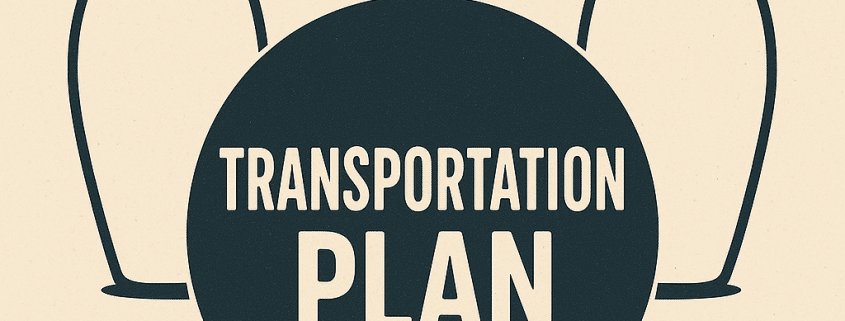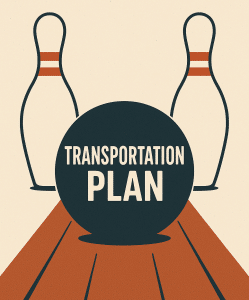Sometimes ‘Split Happens’
Striking agreement on transportation may require rolling the ‘ol 7-10 split
Weariness, anger, disenchantment, disengagement. These are often the last four stages of the 12-step legislative process.
With precious few days left in the 2025 session, these stages are on full display in the Oregon Capitol as Democrats continue to roll Republican opposition with narrow party line victories on contentious issues ranging from unemployment payments for striking employees to ever-tighter rent control restrictions on private housing providers.
They say timing is everything, and for advocates of a robust transportation funding bill, timing could not be worse. Democratic transportation leaders finally unveiled their preferred transportation plan last week — a comprehensive package of tax and fee increases that will require some Republican support to get across the finish line.
It may have come too late as Republicans have signaled no appetite to help Democrats pass expansive taxes, especially after the latest beatdown on the floors of the Senate and House.
Every major transportation package that has passed in the Legislature required strong bipartisan support. All other efforts failed. The idea that a Democratic supermajority will happily pass major tax increases by themselves has proven an illusion.
When the Jobs & Transportation Act (JTA) was passed in 2009 with numerous tax and fee increases, it passed out of the Joint Transportation Committee with a unanimous 14-0 vote. And, while it passed easily on both the floor of the House and Senate, not all Democrats were on board. In fact, House Democratic Leader Mary Nolan was among those who voted against the package.
In 2017, when the latest major transportation package passed, it was carried on the House floor by none other than then-Republican State Rep. Cliff Bentz. Yup! That Cliff Bentz. Yet, voting no, was now-Speaker Julie Fahey.
Increased acrimony in the Capitol, combined with few days left to heal the wounds, may require a strategic pivot to salvage any remnants of the ambitious plan. Transportation leaders should consider confronting the elusive 7-10 split. Aim for one pin and hope for the other.
Despite the anger and frustration on how the current transportation plan has unfolded, key leaders in both parties do agree on some of the elements. These include expanding the pay-by-mile program for all electric vehicles, restoring balance to the weight-mile calculations for trucks, tweaking the diesel fuel tax imbalance, and installing accountability measures for ODOT. A couple fee increases could also make the cut.
Separating these elements into a stand-alone bill, while continuing to negotiate other tax and fee increases independently, could allow legislators to salvage a win without rolling a gutter ball on the entire package.
Some elements of the proposed plan may require more diplomacy than the legislative stopwatch will allow and require a special session to enact. Timing, indeed, is everything.



